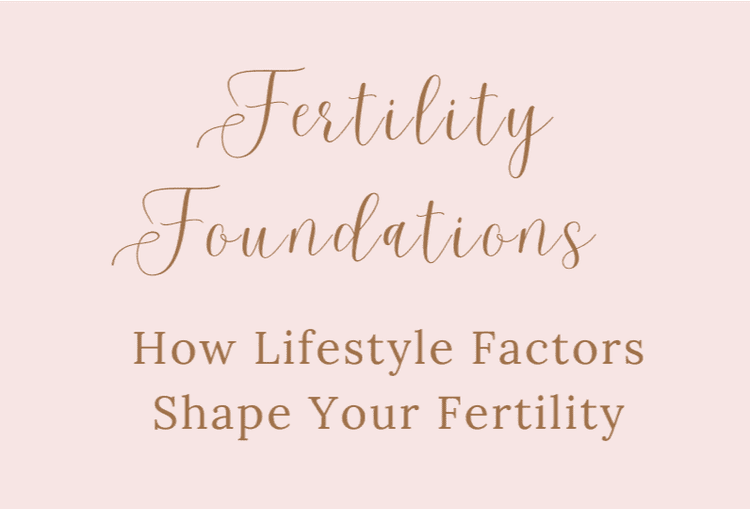Técnicas Mente-Cuerpo para Mejorar la Fertilidad
Enfoques basados en la evidencia
Introducción
La conexión entre la salud mental y física juega un papel fundamental en tu bienestar reproductivo. Integrar técnicas mente-cuerpo en tu proceso de fertilidad puede ayudar a reducir el malestar psicológico y potencialmente mejorar los resultados.
Atención plena y meditación
Las prácticas de atención plena implican centrarse en el momento presente, lo que puede reducir la ansiedad y el estrés. Un estudio en PubMed reveló que las intervenciones basadas en la atención plena pueden reducir eficazmente los síntomas de depresión y ansiedad, y mejorar la calidad de vida relacionada con la salud en mujeres con problemas de fertilidad.
Yoga
El yoga combina posturas físicas, ejercicios de respiración y meditación para promover la relajación. Las investigaciones indican que el yoga puede reducir el estrés y mejorar la calidad de vida de quienes están buscando un embarazo. Incorporar el yoga a las rutinas diarias puede mejorar el bienestar emocional durante los tratamientos de fertilidad.
Mente-Cuerpo
Técnica de la libertad emocional (EFT)
La EFT, también conocida como tapping, consiste en estimular puntos de acupresión mientras te enfocas en el malestar emocional. Investigaciones en PubMed sugieren que la EFT puede disminuir los niveles de cortisol y reducir el estrés, lo que la convierte en una herramienta valiosa para quienes están en tratamientos de fertilidad. Al abordar los bloqueos emocionales, la EFT puede ayudar a crear un estado mental y emocional más equilibrado y propicio para la concepción.
Terapia cognitivo-conductual (TCC)
La TCC se centra en identificar y modificar los patrones de pensamiento negativos. La evidencia demuestra la eficacia de la TCC para reducir el malestar psicológico en personas con problemas de fertilidad. Al replantear los pensamientos negativos, la TCC puede mejorar tu resiliencia emocional durante tu proceso de fertilidad.
Integrar estas técnicas mente-cuerpo en la atención a la fertilidad no solo aborda el bienestar emocional, sino que también puede crear un entorno más propicio para la concepción.























